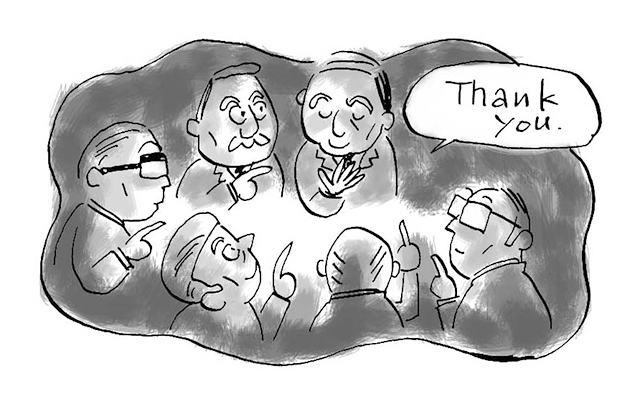Harmonious Japanese Culture Often Goes Off the Track

Every year the National Athletics Meet is held in a particular prefecture based on a ‘hand down’ rule. The host prefecture has always won the overall championship in both the men’s and women’s athletics since 1978 to 2006, except for one occasion. This is mainly due to the fact that the host prefecture team pleads with top athletes to change their addresses to their prefecture to enable them to win the right to host the event, and other prefectures gave their silent approval.
This kind of practice is also seen in business world. The biggest one is the so-called “Dango,” a pre-negotiation meeting, generally about bids for public construction projects. Construction company representatives meet in advance and negotiate so that all the corporations concerned will receive work in turn. The next corporation that is arranged to win the bid submits a lower estimate than other corporations. This bid, however, is usually more than 30 percent higher than the standard estimate.
The money flows back to the influential lawmakers, governors and mayors who decide public undertakings in the form of bribes or ‘donations.’ On the other hand, these corporations fully support the lawmakers involved at election time, and in return, they are secretly advised to submit high estimates. Subsequently, many dams, roads and public facilities that residents do not think are necessary have been built. The people involved are simply unaware that what they are doing is a crime.
Japan’s harmony-oriented culture promotes group consciousness and places priority on benefiting the group. Even if an injustice or criminal conduct is discovered, if it has been carried out to benefit not an individual but the group, then people in that group will generally keep silent.
